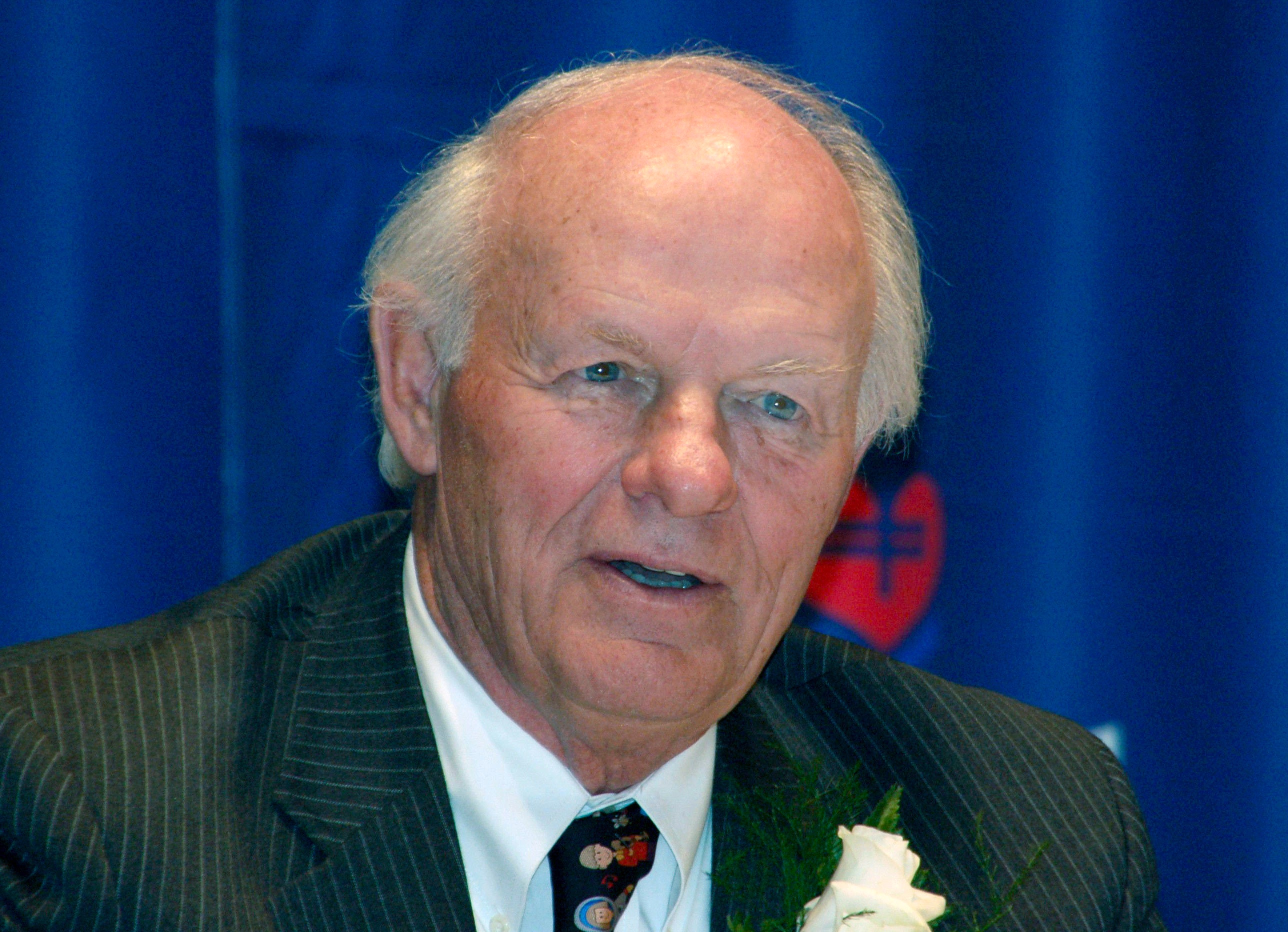Court rules documents in Sanford case must be unsealed
The South Dakota Supreme Court has ruled that documents from a child pornography investigation into billionaire banker T

Your support helps us to tell the story
From reproductive rights to climate change to Big Tech, The Independent is on the ground when the story is developing. Whether it's investigating the financials of Elon Musk's pro-Trump PAC or producing our latest documentary, 'The A Word', which shines a light on the American women fighting for reproductive rights, we know how important it is to parse out the facts from the messaging.
At such a critical moment in US history, we need reporters on the ground. Your donation allows us to keep sending journalists to speak to both sides of the story.
The Independent is trusted by Americans across the entire political spectrum. And unlike many other quality news outlets, we choose not to lock Americans out of our reporting and analysis with paywalls. We believe quality journalism should be available to everyone, paid for by those who can afford it.
Your support makes all the difference.The South Dakota Supreme Court ruled Thursday that affidavits from an investigation into child pornography allegations against billionaire philanthropist T. Denny Sanford must be unsealed.
In 2019, South Dakota investigators searched his email account, as well as his cellular and internet service providers, for evidence of possession of child pornography, after his accounts were flagged by a technology firm.
Sanford, the state’s richest man, was not charged after the South Dakota attorney general’s office said its investigation into the allegations found no prosecutable offenses within the state’s jurisdiction.
Sanford had sought to bar affidavits used to issue search warrants in the case. But the Sioux Falls Argus Leader and ProPublica argued in court that the documents should be made public.
After the decision not to file charges, Judge James Power ordered in June 2022 that South Dakota law required the affidavits to be unsealed. They were kept sealed while Sanford's attorneys appealed, sending the case to the state Supreme Court.
Sanford argued that releasing the documents could have an impact on his privacy and reputation.
Initially, the court documents referred only to “an implicated individual,” leading the Argus Leader and ProPublica to go to court seeking access to the records.
The search warrants were unsealed in 2021, identifying Sanford by name for the first time, but the affidavits remained sealed.
In Thursday's unanimous decision, the state Supreme Court's found the lower court had thoroughly considered all legal and constitutional ground asserted by Sanford.
“The court’s approach to redaction fell soundly within its discretion, and the court appropriately exercised its discretion to “decide whether there (were) sufficient grounds to prohibit access” to the affidavits.
Sanford has donated billions to hospitals, universities and charities, and the Sanford Health system is named for him. He made his fortune as the founder of First Premier Bank in South Dakota, which is known for issuing high-interest credit cards to those with poor credit.
His attorney, Stacey Hegge, argued that Sanford should be able to inspect and participate in redacting the affidavits before the circuit court unseals them, to avoid any disclosure of trade secrets.
Hegge declined to comment Thursday on the ruling and would not say if an appeal was planned.
Shelly Conlon, the Argus Leader’s news director, applauded the court’s decision.
“To take on a Goliath of an influence in our community and win today is a strong victory for the public’s right to know,” Conlon said. “The law is clear, and the Court’s decision only reaffirms the role journalism has in accountability and understanding government, public figure and law enforcement decisions.”
Jon Arneson, attorney for the Argus Leader, noted that the ruling came just two weeks after attorneys argued the case before the state Supreme Court.
“Obviously, I agree with the Supreme Court’s unanimous decision,” he said. “The reasoning was sound and well articulated.”
The court's ruling also noted that attorneys for the state had argued that unsealing an affidavit after the investigation was over was consistent with society's interests in having law enforcement and the judiciary operate in public, even when no charges are filed.